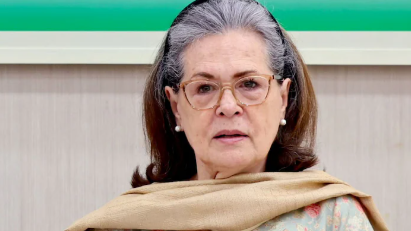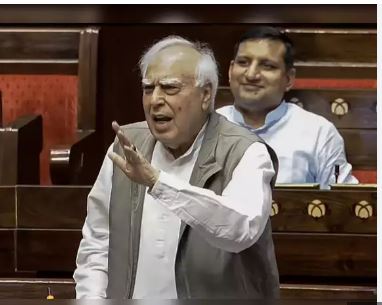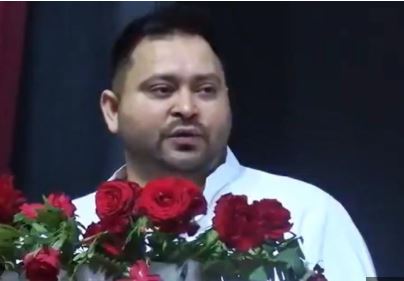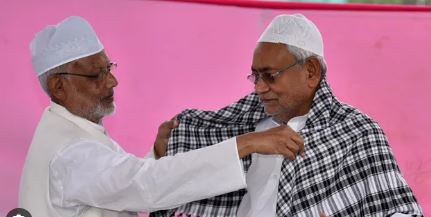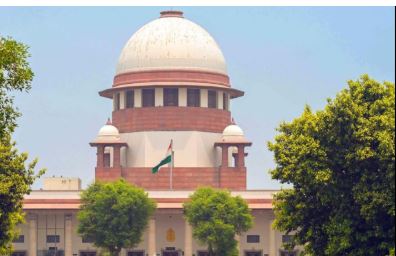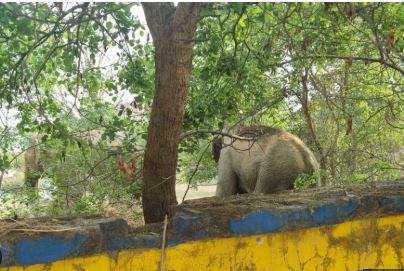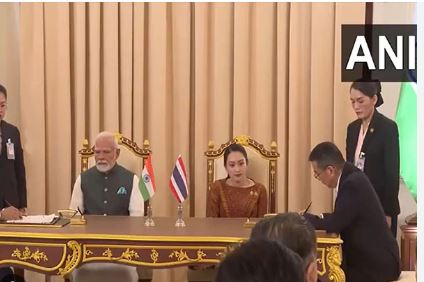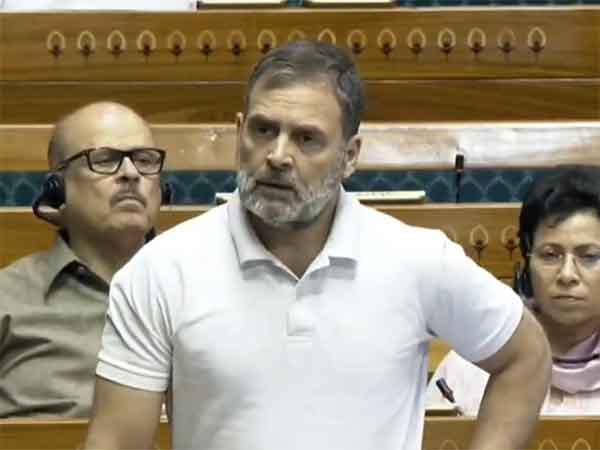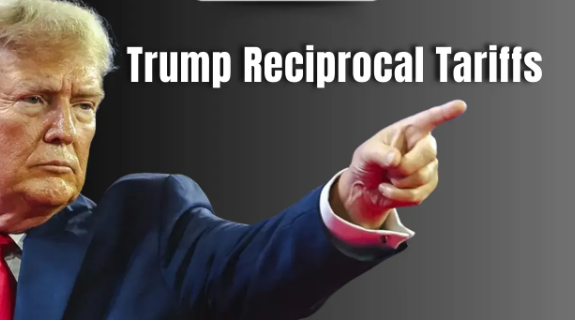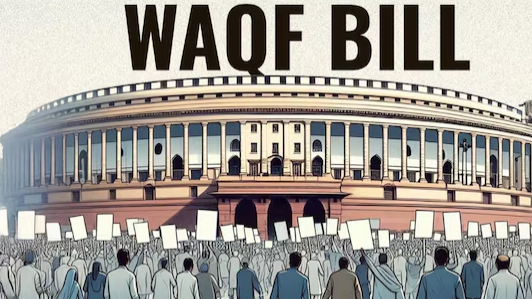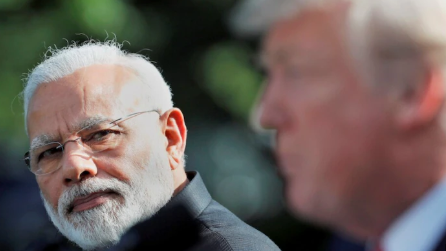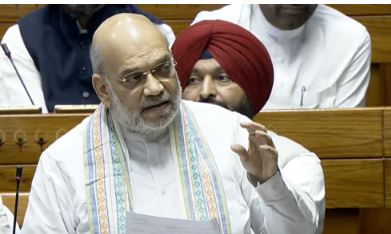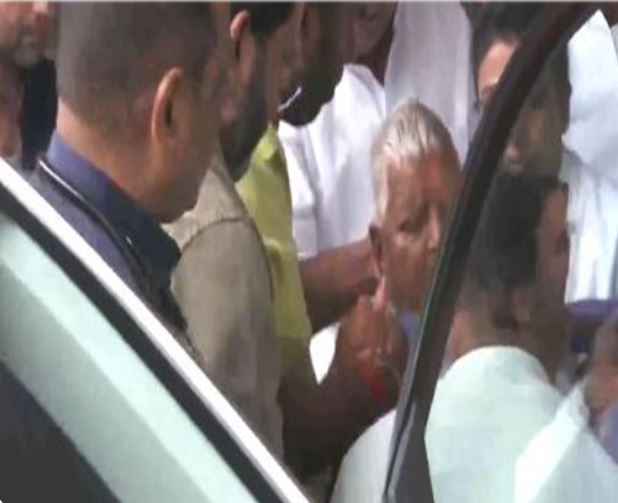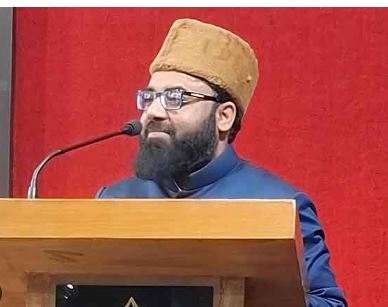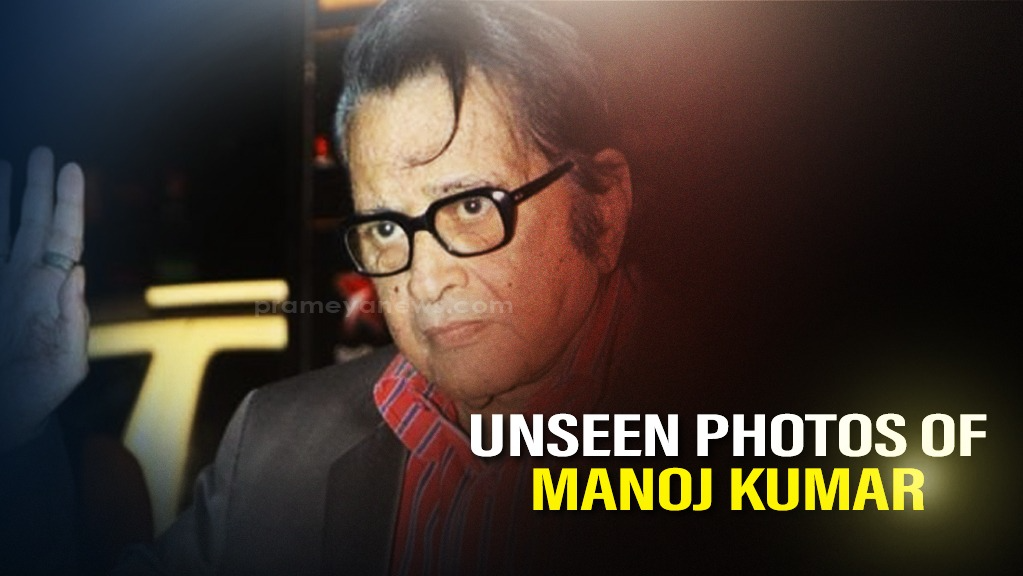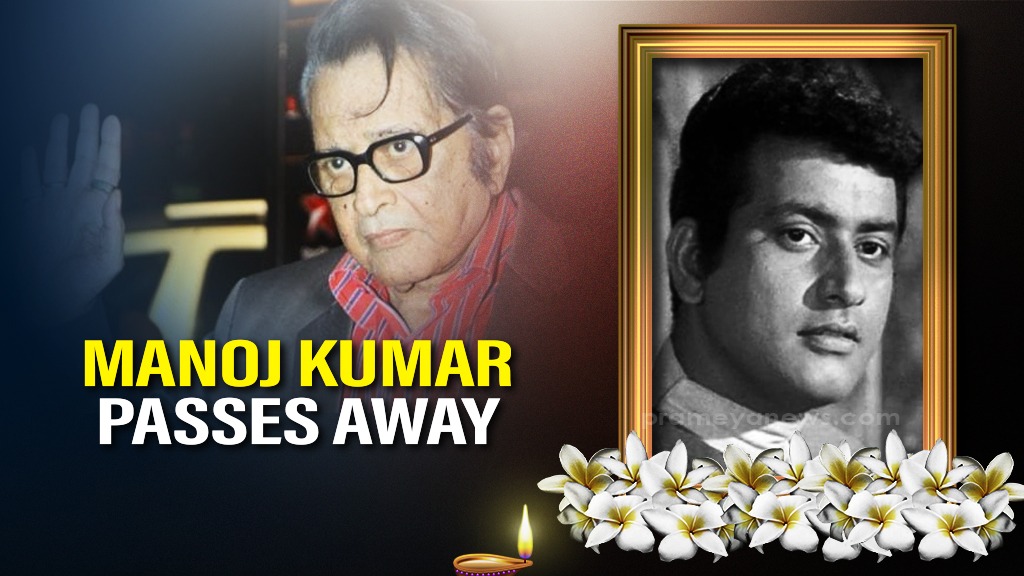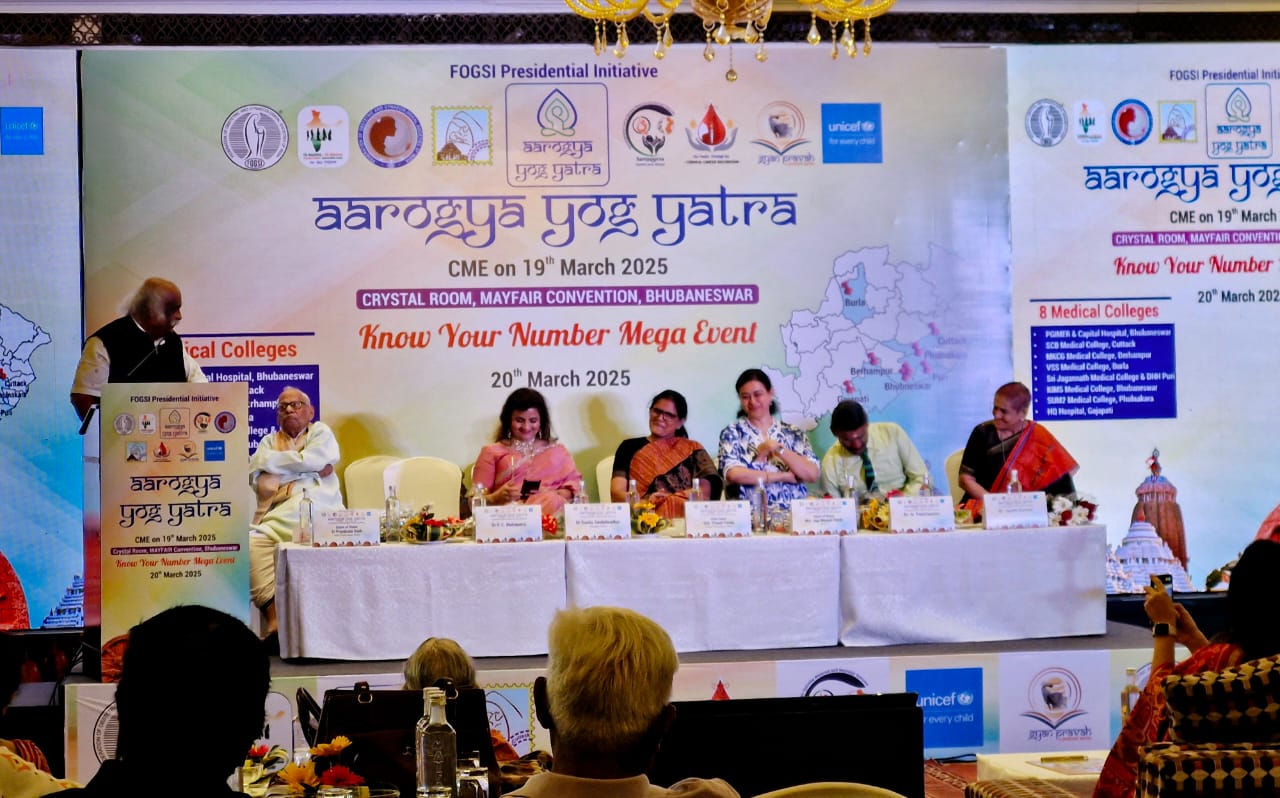New Delhi: In a powerful address that set the tone for Congress's parliamentary strategy, former party president Sonia Gandhi unleashed a blistering critique of the BJP government's recent legislative initiatives, particularly targeting the controversial Waqf (Amendment) Bill and the One Nation, One Election proposal during Wednesday's Congress Parliamentary Party (CPP) meeting.
"The Waqf Bill is nothing short of a brazen assault on our Constitution," Gandhi declared to assembled Congress MPs, framing the legislation as part of a deliberate strategy "aimed at keeping society polarized" rather than addressing genuine governance concerns. Her characterization reflects growing opposition anxiety about the BJP's legislative agenda in its unprecedented third consecutive term.
The Waqf (Amendment) Bill, which passed the Lok Sabha after a marathon 12-hour debate concluding well past midnight, has become a flashpoint of controversy. The divisive vote—288 in favor versus 232 against—reflected strict party lines with all opposition amendments rejected via voice votes. The legislation now faces scrutiny in the Rajya Sabha where debate is scheduled for Thursday.
Gandhi's criticism centered on provisions that critics argue would give the central government unprecedented control over Waqf properties, traditionally managed autonomously for Muslim community welfare. The bill proposes significant structural changes to Waqf Boards, including mandatory non-Muslim representation and expanded government oversight powers.
Turning her attention to another contentious proposal, Gandhi characterized the One Nation, One Election Bill as "yet another subversion of our constitutional framework" designed to undermine federalism and concentrate electoral power. The initiative, long championed by Prime Minister Modi, would synchronize Lok Sabha and state assembly elections—a move opposition parties argue advantages national parties while diminishing regional political forces.
"These are not simple administrative reforms as they're being portrayed," Gandhi emphasized. "They represent fundamental attacks on our democratic structure that would permanently alter the balance of power established by our Constitution's framers."
The meeting, attended by prominent Congress leaders including party president Mallikarjun Kharge and Leader of Opposition in Lok Sabha Rahul Gandhi, served as an opportunity to consolidate opposition strategy against what they perceive as increasingly authoritarian governance.
Gandhi also launched a direct attack on Prime Minister Modi's claims of transformative leadership, alleging that his administration has systematically "rebranded, repackaged and marketed numerous initiatives taken during 2004-2014 as his own personal accomplishments."
"This appropriation of UPA-era programs needs to be exposed through more effective public outreach activities," she insisted, urging party representatives to counter the government's narrative more aggressively.
The veteran Congress leader expressed growing frustration with parliamentary proceedings, charging that opposition voices are being systematically silenced. "The Leaders of Opposition are not allowed to speak, while treasury benches frequently create disturbances specifically to prevent Congress from raising substantive issues," Gandhi claimed, painting a picture of democratic institutions under threat.
In a call to action for her party colleagues, Gandhi urged Congress MPs to adopt a more confrontational approach in highlighting governance failures in BJP-controlled states. "While BJP members aggressively target Congress-ruled state governments with total falsehoods, we must respond with equal force by exposing their misgovernance," she advised, emphasizing the need for "much more pointed homework and research" to effectively counter government narratives.
Political analysts note that Gandhi's forceful rhetoric signals Congress's intention to position itself as the primary defender of constitutional values against what it characterizes as the BJP's majoritarian agenda. Her specific focus on the Waqf Bill suggests the party plans to rally support among minority communities by framing the legislation as discriminatory.
The contentious Waqf legislation proposes several significant changes, including the establishment of a "District Waqf Committee" with expanded powers to survey and identify Waqf properties, stricter documentation requirements, and measures allowing for the sale of Waqf assets under certain conditions—provisions critics argue could lead to property alienation.
Meanwhile, the One Nation, One Election proposal continues to generate debate about its practical feasibility and constitutional implications. Supporters argue it would reduce election-related expenditure and allow governments to focus on governance rather than perpetual campaigning, while detractors warn it could nationalize local issues and disadvantage smaller political parties.







